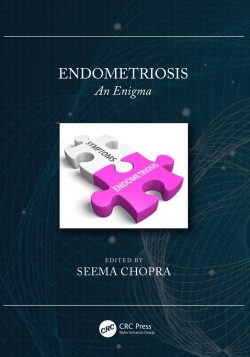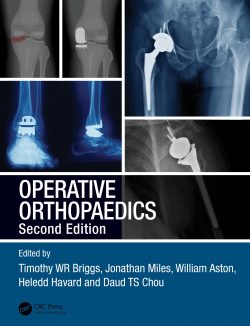Epigenetic modification of cellular genomes is a fascinating means of regulating tissue- and cell type-specific gene expression in all developmental stages of the life of an organism. Carefully orchestrated processes, such as DNA methylation and a plenitude of specific histone modifications secure the faithful transmission of gene expression patterns to progeny cells. Upon chronic infection, the epigenetic cellular balance can become disrupted and, in the long run, through the epigenetic reprogramming of host cell genomes, contribute to the malignant conversion of formerly healthy cells, in many cases preceded by the establishment of an epigenetic field of cancerization. The present volume undertakes to highlight the interactions of infectious pathogens and their effector molecules with the epigenetic regulatory machinery of the cell. Clearly, the recent take-off of epigenetics research did not leave Research on Infectious Diseases and Infection-Associated Cancer untouched. This resulted in a great many of clinically relevant data on understanding the molecular mechanisms of chronic infectious disease. Infectious pathogen- and disease-specific epigenetic alterations are already being used for the early detection of malignant disease and for the prediction of chemotherapy resistance or response to treatment.
Preface, Walter Doerfler.- Foreword, Janos Minarovits and Hans Helmut Niller.- Epigenetic Regulation, Janos Minarovits, Ferenc Banati, Kalman Szenthe, and Hans Helmut Niller.- HIV-Induced Epigenetic Alterations in Host Cells, Enass Abdel-Hameed, Hong Ji and Mohamed Tarek Shata.- Epigenetic Alterations in Epstein-Barr Virus-Associated Diseases, Hans Helmut Niller, Ferenc Banati, Daniel Salamon, and Janos Minarovits.- Epigenetic Dysregulation in Virus-Associated Neoplasm, Janos Minarovits, Anett Demcsák, Ferenc Banati, and Hans Helmut Niller.- Epigenetic Alterations Induced by Bacterial Lipopolysacharides, Lorenzo Chiariotti, Lorena Coretti, Raffaela Pero, and Francesca Lembo.- Patho-Epigenetics of Infectious Diseases Caused by Intracellular Bacteria, Hans Helmut Niller and Janos Minarovits.- Abbreviations.
Epigenetic modification of cellular genomes is a fascinating means of regulating tissue- and cell type-specific gene expression in all developmental stages of the life of an organism. Carefully orchestrated processes, such as DNA methylation and a plenitude of specific histone modifications secure the faithful transmission of gene expression patterns to progeny cells. Upon chronic infection, the epigenetic cellular balance can become disrupted and, in the long run, through the epigenetic reprogramming of host cell genomes, contribute to the malignant conversion of formerly healthy cells, in many cases preceded by the establishment of an epigenetic field of cancerization. The present volume undertakes to highlight the interactions of infectious pathogens and their effector molecules with the epigenetic regulatory machinery of the cell. Clearly, the recent take-off of epigenetics research did not leave Research on Infectious Diseases and Infection-Associated Cancer untouched. This resulted in a great many of clinically relevant data on understanding the molecular mechanisms of chronic infectious disease. Infectious pathogen- and disease-specific epigenetic alterations are already being used for the early detection of malignant disease and for the prediction of chemotherapy resistance or response to treatment.
First book dedicated to Epigenetics of Infectious Disease





